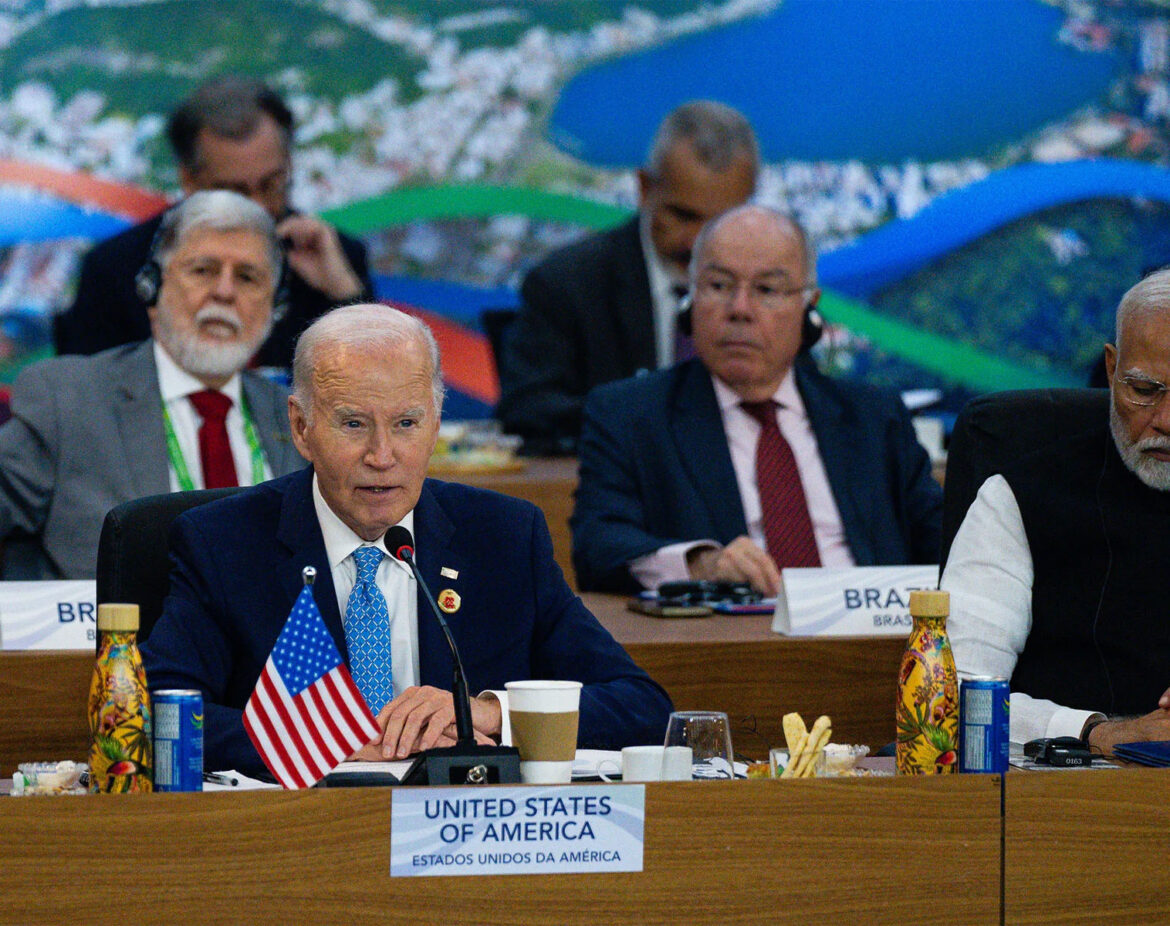US President Joe Biden has committed $4 billion to the World Bank’s International Development Association (IDA) fund, aimed at supporting the world’s poorest countries. The three-year pledge, announced during a closed session at the Group of 20 (G20) summit in Rio de Janeiro on Monday, marks the largest contribution ever made by the United States to the IDA fund.
A senior Biden administration official revealed the pledge, adding that the US Treasury is leading the negotiations for the IDA replenishment, which takes place every three years. This commitment exceeds the previous $3.5 billion contribution made in December 2021, reflecting a substantial increase in US support for global poverty reduction efforts.
While Biden’s historic pledge sets a new precedent, it remains uncertain whether President-elect Donald Trump will honor the commitment once he assumes office in January. Trump, who has previously proposed cuts to foreign aid, is said to be exploring options to reduce US government spending through a new efficiency panel, alongside his ally, Tesla CEO Elon Musk. The US Congress would likely need to approve an appropriation to fund the pledge, but such discussions would not likely occur until after Trump’s inauguration.
Jonathan Finer, US Deputy National Security Adviser, called the pledge “historic” during a briefing at the G20 summit. Finer also revealed that Biden would be launching a bilateral clean energy partnership with Brazilian President Luiz Inacio Lula da Silva during his visit to Brazil.
The IDA fund, which provides grants and low-interest loans to the world’s poorest nations, is due for replenishment at a conference scheduled for December 5-6 in Seoul. World Bank President Ajay Banga has set a goal to exceed the $93 billion replenishment from 2021, with some sources estimating the possibility of a $120 billion replenishment to meet the growing demands from low-income countries facing challenges such as rising debt, climate change, and conflict.
In addition to the US, other countries have also committed to increasing their contributions. Spain, for example, announced a 37% boost to $423 million, while Denmark raised its contribution by 40% to approximately $492 million.
This historic pledge by the US is seen as a significant step towards addressing global development challenges and supporting countries in need. However, the future of the commitment will depend on the political dynamics and fiscal decisions made under the next US administration.



